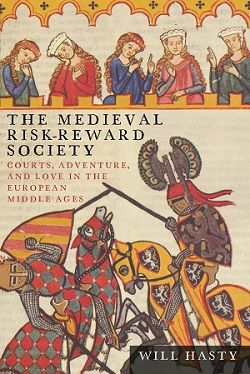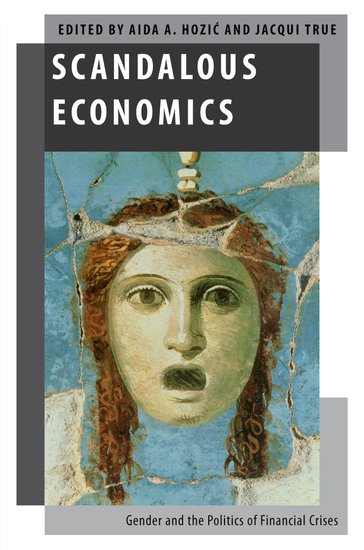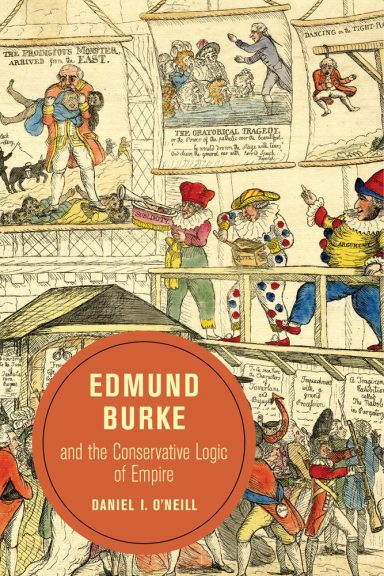
The Medieval Risk-Reward Society
Courts, Adventure, and Love in the European Middle Ages
Will Hasty
The Medieval Risk-Reward Society: Courts, Adventure, and Love in the European Middle Ages offers a study of adventure and love in the European Middle Ages focused on the poetry of authors such as Marie de France, Chrétien de Troyes, Wolfram von Eschenbach, and Gottfried von Strassburgshowing how a society based on sacrifice becomes one of wagers and investments. Will Hastys sociological approach to medieval courtly literature, informed by the analytic tools of game theory, reveals the blossoming of a worldview in which outcomes are uncertain, such that the very self (of a character or an authorial persona) is contingent on success or failure in possessing the things it desiresand upon which its social identity and personal happiness depend. Drawing on a diverse selection of contrasting canonical works ranging from the Iliad to the biblical book of Joshua to High Medieval German political texts to the writings of Leibniz and Mark Twain, Hasty enables an appreciation of the distinctive contributions made in antiquity and the Middle Ages to the medieval emergence of a European society based on risks and rewards.
A wonderful, creative diachronic study. This book is an engaging read which will have a wide audience among students of literature, philosophy, and culture.
–G. Ronald Murphy, S. J., Georgetown University
The Medieval Risk-Reward Society takes a descriptive approach to the competitions in religion, politics, and poetry that are constitutive of medieval culture. Culture is considered always to be happening, and to be happening on the cultural cutting edge as competitions for rewards involving the element of chance. This study finds adventure and lovethe principal concerns of medieval European romance poetryto be cultural game changers, and thereby endeavors to make a humanist contribution to the development of a cultural game theory.
Will Hasty is Professor of German and Medieval and Early Modern Studies at the University of Florida, Gainesville.
Interventions: New Studies in Medieval Culture

Scandalous Economics
edited by Aida Hozić and Jacqui Tru
A new book, Scandalous Economics: Gender and the Politics of Financial Crises, edited by Aida A. Hozić and Jacqui True, was released in March 2016.
Scandalous Economics builds upon the Occupy movement and other critical analysis of the Global Financial Crisis to comprehensively examine gendered material, ideational and representational dimensions that have served to make the crisis and its effects, the new normal in Europe and America as well as Latin America and Asia.
The book seeks to:
- Survey the landscape of the ongoing globalised financial crisis and its consequences from the perspective of gender and feminist theory
- Break new ground by arguing that normalisation of the current economic order in the face of its obvious breakdown(s) has been facilitated precisely by co-opting feminist and queer perspectives into the language of policy responses to the crisis
- Demonstrate how feminist political economy analysis contributes important insights to the critical enterprise in the fields of International Political Economy (IPE) and International Relations
- Analyse scandals, media narratives and popular culture as THE gendered texts of the economic crisis
Progress in Political Economy is running a series of blogposts on Scandalous Economics: Progress in Political Economy
The book has received some excellent endorsements through the Oxford University Press.
Scandalous Economics is now available through Amazon.

Edmund Burke and the Conservative Logic of Empire
Edmund Burke, long considered modern conservatisms founding father, is also widely believed to be an opponent of empire. However, Daniel ONeill turns that latter belief on its head. This fresh and innovative book shows that Burke was a passionate supporter and staunch defender of the British Empire in the eighteenth century, whether in the New World, India, or Ireland.
Moreoverand against a growing body of contemporary scholarship that rejects the very notion that Burke was an exemplar of conservatismONeill demonstrates that Burkes defense of empire was in fact ideologically consistent with his conservative opposition to the French Revolution. Burkes logic of empire relied on two opposing but complementary theoretical strategies: Ornamentalism, which stressed cultural similarities between civilized societies, as he understood them, and Orientalism, which stressed the putative cultural differences distinguishing savage societies from their civilized counterparts. This incisive book also shows that Burkes argument had lasting implications, as his development of these two justifications for empire prefigured later intellectual defenses of British imperialism.
Available for purchase through the University of California Press